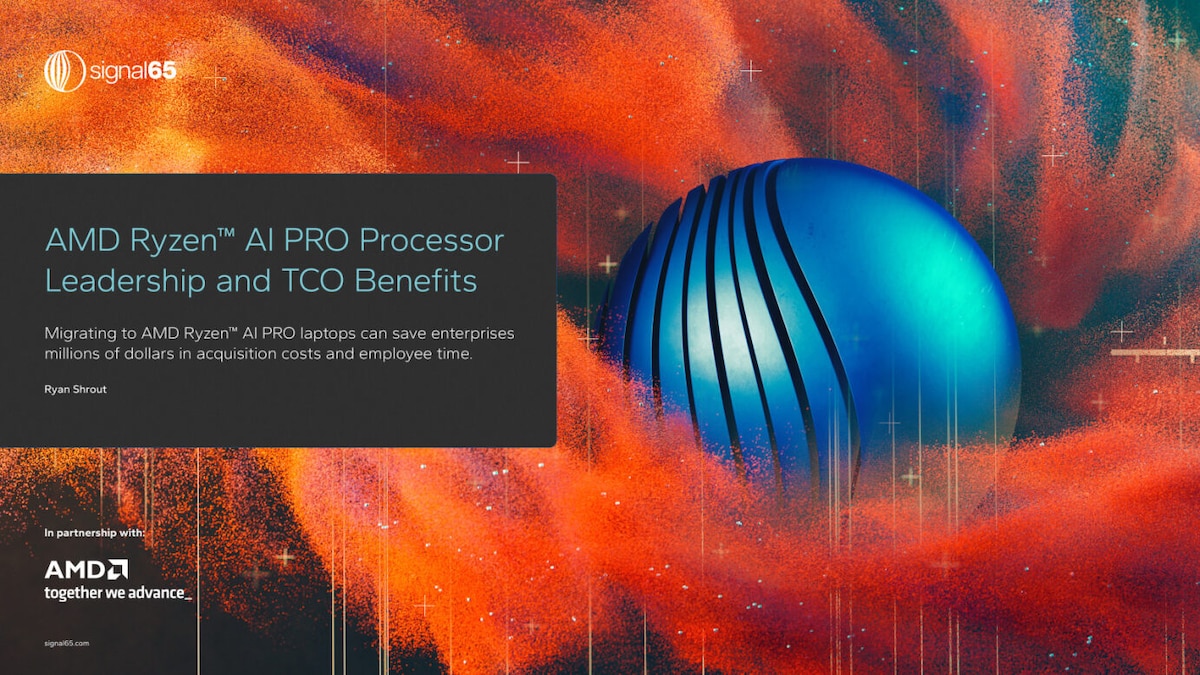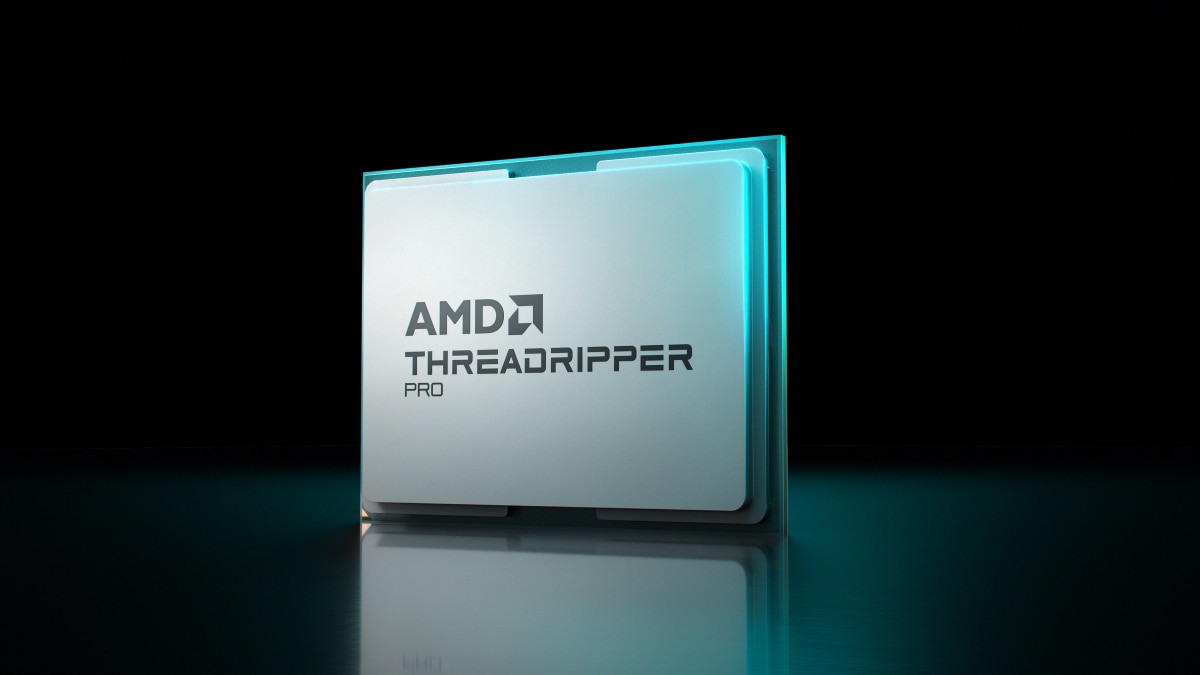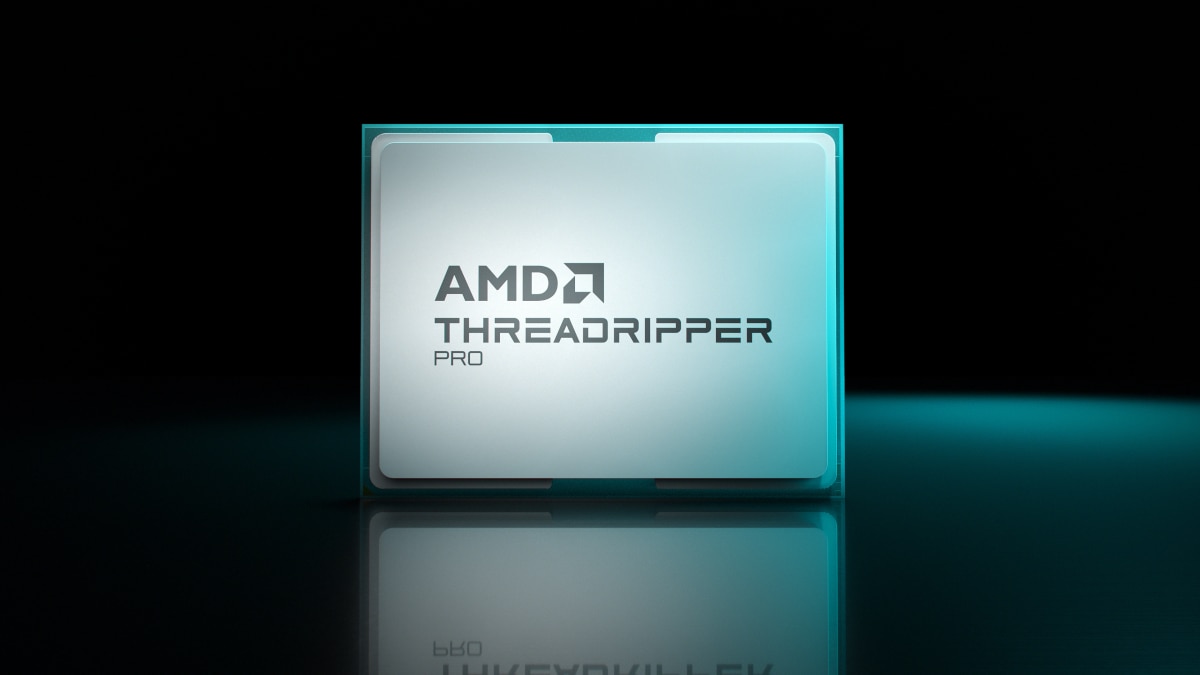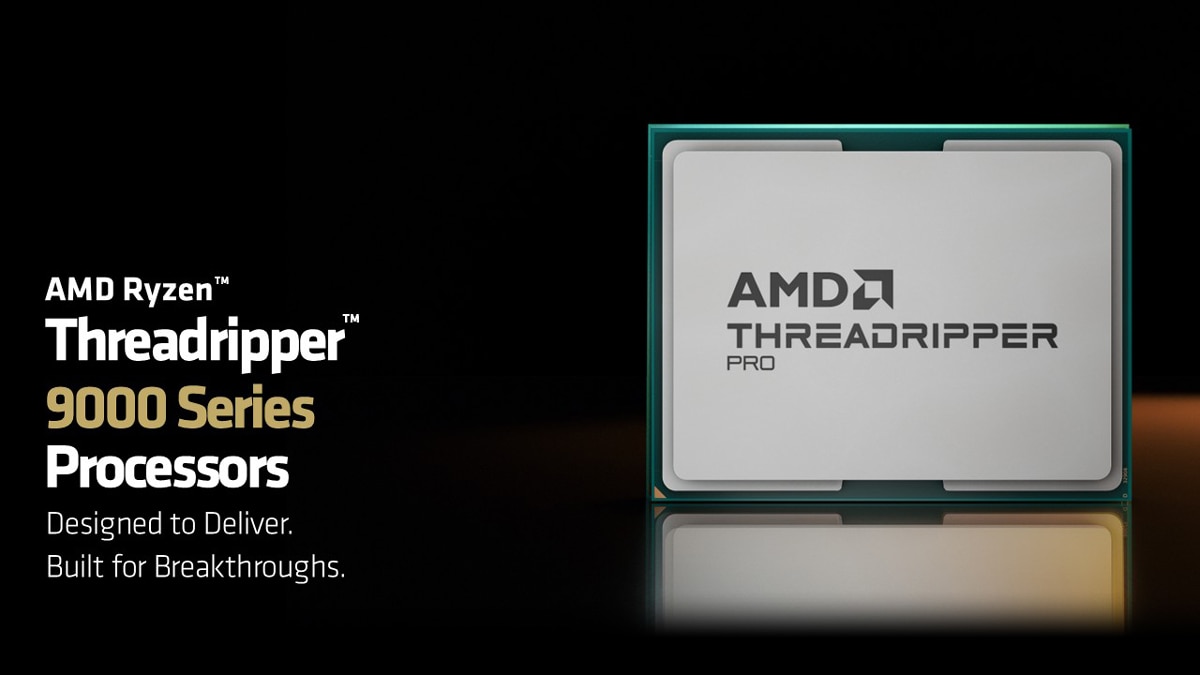AMD Ryzen AI PRO Processor Leadership and TCO Benefits
May 01, 2025

One of the interesting long-term trends in the commercial market is the shift in how people are functionally using PCs. Over the past few years, AI has gone from a dinner party conversation piece to practical use cases. Hand-waved discussions of future benefits are now concrete benefits in the here-and-now, from writing and validating software code to shaping customer communication. While many of these early AI workloads were executed in the cloud, we are seeing new use cases that require new local PC capabilities – capabilities AMD has been working to develop as part of its larger AI PC initiative.
We’ve seen AI deployment accelerate in PCs, particularly as Microsoft builds these functions right into the operating system via its Windows 11 Copilot+ PC program. In just two years, we've moved from an environment where the NPU was an unsupported, unknown proposition, to integrating NPU support into first and third-party applications. Commercial OEMs are expected to introduce AI PCs and Copilot+ PCs at a variety of price points throughout 2025, making local AI support more available and affordable.
That's an important factor for corporate customers, many of which will be simultaneously negotiating the end of Windows 10 support and a historically large, pandemic-related system refresh wave. AI presents a further variable. The nature of the AI question has evolved over the last couple of years from “Does AI have a future in the enterprise?” to “What are the best practices for enterprise AI and AI PC deployment?”
That’s a significant shift and it’s worth unpacking in a little more detail.
Macro Trends Favor the AI PC
As far as AI PC adoption is concerned, third-party research from IDC writes that “By the end of our current forecast in 2028, AI PCs will grow to 137.9 million units, or 93.9% of all commercial shipments.”
The broader industry is moving towards AI PCs because the neural processing units baked into these systems are becoming more capable, ISV software support is improving, and the Microsoft Copilot+ PC initiative is expanding.
To-date, most AI services have been largely cloud-based or have run locally. The NPU inside an AI PC is designed to offer higher power efficiency and can offload AI tasks, freeing the CPU and GPU for useful work. Microsoft has been a consistent champion for on-device AI capabilities and the AI PC, and the entire Copilot+ PC program is a testament to this. The importance of on-device AI is only going to increase as AI PC adoption grows and the percentage of PCs with an NPU rated for >40 TOPS increases.

Evaluating AMD as a Commercial AI PC Partner
The AMD Ryzen™ AI PRO 300 Series processor family delivers exactly the kind of performance and efficiency advantage that enterprise customers are looking for. That's what the independent third-party research firm Signal65 found when it examined Total Cost of Ownership (TCO), performance, and efficiency between the AMD and competitor systems.
In the whitepaper, "AMD Ryzen™ PRO Processor Performance and TCO Leadership," Signal65 analyst Ryan Shrout begins by discussing AMD PRO Technologies and how this suite of manageability, business ready, and security features addresses IT needs, before moving on to a wider performance comparison between AMD and competitor systems.
The paper is interesting in part because it compares systems differently than many third-party review sites. First, Signal65 tested software configurations intended to more closely reflect enterprise PC deployments rather than relying on stock OS images that are rarely used in commercial contexts. Second, the firm conducted a sophisticated total cost of ownership (TCO) analysis based on multitasking, with an evaluating the actions people are most likely to take throughout the day rather than simplistic references to top-line, single-application benchmark results.
You can read the full report above, but the results emphasize just how much money companies can save by deploying AMD hardware.
Those savings don’t depend on the speed of your future AI rollouts or the adoption of any specific technology.
2025 will be an important year for AI in the enterprise. There’s a tremendous opportunity in the space as companies navigate the post-pandemic refresh cycle, transition to Windows 11, and plan their future AI strategies. Corporate buyers have an opportunity to take advantage of emerging AI functionality to deliver a great experience for end-users, while still hitting the TCO requirements that businesses demand. AMD offers a great balance of features and options, with unmatched capability per dollar. We continue to work closely with industry partners and offer leadership from entry-level laptops all the way up to full-fledged mobile workstations.
AI and the questions around its adoption and impact on the larger IT industry are complex enough on their own without worrying about the tradeoff between future features you'll regret not purchasing and better performance in the software you use today. AMD Ryzen™ AI PRO Series processors don't ask businesses to make that choice. Instead, they offer the security, manageability, performance, and AI capabilities you need, at price points that meet your budget constraints.



---amd-platform-aware-compute-engine-(amd-pace)/3610250_Speculative_LLM_Inference_Blog_Image_1200x627.png)





